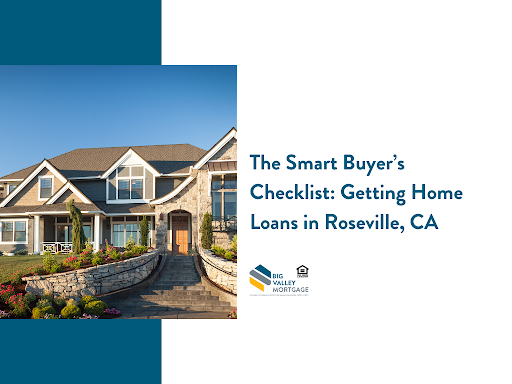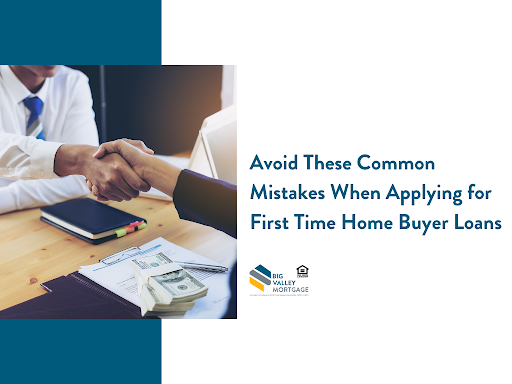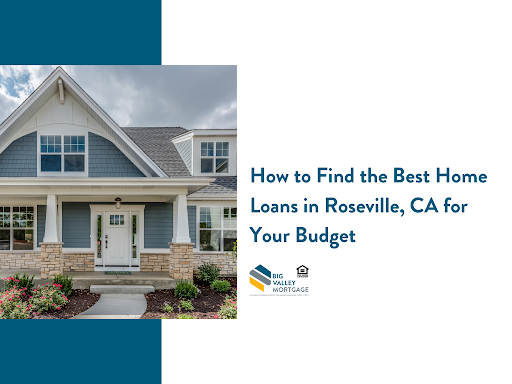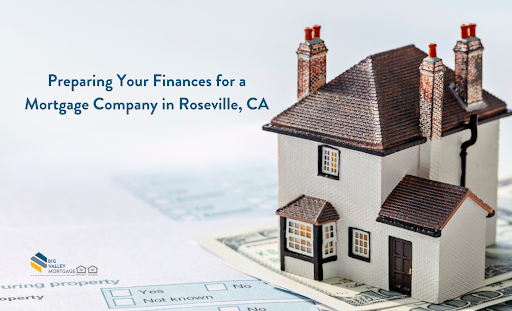
Deciding between a VA loan or conventional
home loans in Roseville may seem easy. No money down, no mortgage insurance, a better interest rate — a VA mortgage wins hands down, right?
But when you consider things like the VA funding fee and perhaps putting enough money down on a conventional mortgage to forgo mortgage insurance, the choice may be more complex. Some of the VA loan benefits, such as no minimum credit score and no maximum debt-to-income ratio, are often overstated.
Here are the factors to consider when deciding between a Department of Veterans Affairs mortgage and a conventional loan.

VA Loans vs. Conventional Loans
Property type: (VA) Primary home only. (Conventional) Primary, second or investment homes.
Down payment: (VA) No down payment. (Conventional) Down payments as low as 3%.
Fees: (VA) Upfront VA loan funding fee and other fees. (Conventional) Fees depend on the mortgage lender in Roseville, CA.
Mortgage insurance: (VA) No mortgage insurance. (Conventional) Required if down payment less than 20%.
Credit score: (VA) No requirement. (Conventional) 620 FICO score is desirable.
Property type
To start, the type of property you’re buying can be a primary factor in the VA-versus-conventional decision.
“The VA loan is for primary residence only,” says Donna Bradford, an assistant vice president of Navy Federal Credit Union. “Whereas a conventional loan can be used to purchase a primary [home], you can use it to purchase a second home — maybe a vacation home — or you can also use it to purchase an investment property, a rental property.”
Down payment
A major benefit of a VA loan is that no down payment is usually required. A
mortgage lender may require money down if the purchase price of a property is higher than its current market value. That can happen in competitive housing markets with a multiple bid situation.
Lenders offering conventional loans have traditionally preferred larger down payments, but these days, it’s easy to find conventional mortgages available with down payments as low as 3% — or even lower.
Fees
Next, there is the matter of fees.
A VA-insured loan requires a funding fee to help defray the costs of loans that default. That’s a one-time upfront charge that’s between 1.25% and 3.3% of the loan amount, depending on your down payment, length and branch of military service, and whether you have used your VA loan benefit before. The fee is often rolled into the loan amount, which makes your payment higher and adds to the interest you pay over the life of the loan.
Veterans who receive VA disability compensation are exempt from having to pay the funding fee, according to the Veterans Affairs Department.
Mortgage insurance
If your down payment is less than 20%, a conventional loan will require private mortgage insurance, which protects the lender if you default on the loan. It can be a one-time charge paid at closing, an ongoing fee that’s built into your monthly payment, or a combination of both. That, and the amount you pay for PMI, varies with each lender. Depending on your credit score and the size of your down payment, PMI fees can range from 0.55% to 2.25% of the loan amount, according to Genworth and the Urban Institute.
VA loans don’t require mortgage insurance.
A down payment reduces but doesn’t eliminate the VA funding fee. However, with 20% down on a conventional loan (even less with some lenders — it’s 5% with Navy Federal, Bradford says) you won’t have to pay PMI.
Credit score standards
You may hear lenders — and the Department of Veterans Affairs — claim that VA-insured loans have no minimum credit score and no maximum debt-to-income ratio. That may be true as far as the VA is concerned, but not so much in the real-life world of lenders, according to Bradford.
“Most VA lenders use credit score benchmarks. That minimum will vary, but most VA-approved lenders are looking [for] at least 620,” she says.
In fact, the average FICO credit score for VA home purchase loans closed in 2016 was 707, according to mortgage industry software provider Ellie Mae. Conventional mortgages closed with an average 753 FICO score.
Debt-to-income ratios
VA marketing material says there is no maximum debt-to-income ratio, but it also says a “lender must provide compensating factors if the total debt ratio is over 41%.”
Greg Nelms, VA chief of loan policy, says those “compensating factors” include residual income. That’s the take-home income left at the end of the month after your new mortgage and all living expenses are paid.
Ellie Mae says the average debt ratio for VA purchase loans closed in 2016 was 40%. Conventional loans averaged a 34% debt ratio.
So yes, VA loans are easier to qualify for when it comes to debt and credit scores, but perhaps not as easy as VA promotional material may have you believe.
Mortgage rates
Another plus for the VA: It likely will have a lower interest rate than a conventional loan. For 30-year fixed-rate loans closing in 2016, VA loans had an average rate of 3.76%, compared with 4.06% on a conventional mortgage for the same term, according to Ellie Mae.
So, which mortgage?
“It comes to the point where it really is a personal decision,” Bradford says. You want to make a solid financial decision, as best you can, she adds.
Request a free quote on either a VA or Conventional Loan.
*The views, articles, postings, and information listed at this website are personal and do not necessarily represent the opinion or the position of Big Valley Mortgage.*












